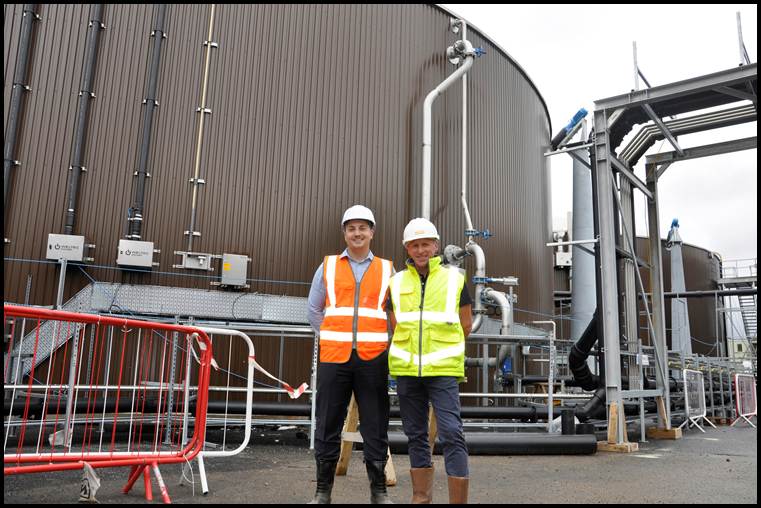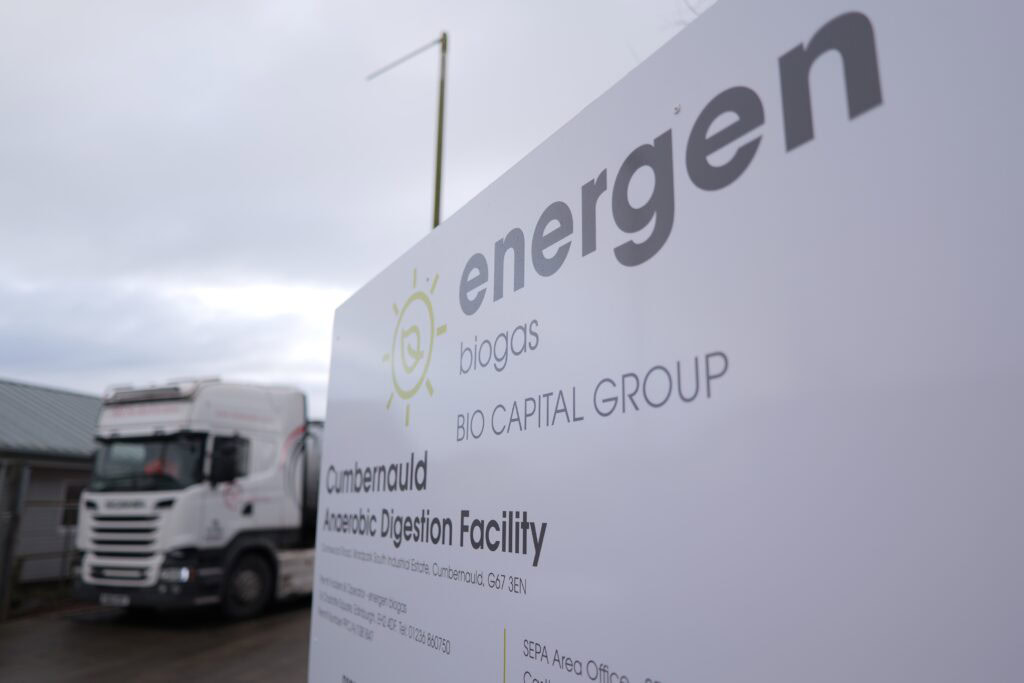However, authorities in the South of England have warned that if the warm weather continues without much rain, it could impact on vegetation growth – and see composting rates dwindle.
” With global warming things are growing more slowly and if we have to change our gardening habits by, for instance, growing more drought resistant plants they also grow more slowly. “
– Mark Shelton, Cambridgeshire CC
The Met Office revealed on Friday that this month has been the hottest April since records began 348 years ago. The year ended April 2007 was also the hottest year on average since records began.
Councils in England and Wales have said the heatwave has created a “flood” of extra garden waste, as an early boost to the 2007/08 recycling targets.
In Milton Keynes, collections have doubled from 270 tonnes to 524 tonnes this month compared to the same month last year, and volumes are expected to grow.
A similar rise in green waste tonnage was reported by Swansea council, which said that collections at its household waste recycling sites in March shot up from 310 tonnes to 497 tonnes compared with 2006.
Durham county council, meanwhile, reported that its garden waste tonnage collected at household waste recycling centres had “notably increased” in the last few months, as more and more people ventured outdoors.
John Shannon, waste manager, told letsrecycle.com: “The tonnage has definitely increased and we have been ahead of the curve for the last couple of months, as more people have been going into their gardens.”
Rain
However, Mr Shannon explained that as Durham was further north than a lot of local authorities it had probably received more rain during the dry period, encouraging lawns and shrubs to grow – and that the biodegradable element of council recycling collections would decrease if the weather became very hot and dry.
Furthermore, he noted that some kerbside green waste collections in the region had slightly decreased over the last month – which he attributed to residents not wanting to let their waste decompose in the heat.
Mark Shelton, waste policy manager at Cambridgeshire county council, agreed that green waste tonnages depended on the weather and that too much heat and too little rain could damage green waste capture rates this summer.
He explained that in Cambridgeshire, where there has been relatively little rain this year, green waste tonnages had not increased year on year, and could potentially decrease if the hot weather continued across the East Anglia region.
He warned that these effects could counter council efforts to divert biodegradable waste from landfill to avoid financial penalties under the Landfill Allowance Trading Scheme.
Mr Shelton said: “With global warming things are growing more slowly and if we have to change our gardening habits by, for instance, growing more drought resistant plants they also grow more slowly. Meanwhile hot weather creates a lot more cans and bottles as people drink outdoors which could make it more difficult to achieve LATS targets.”







Subscribe for free